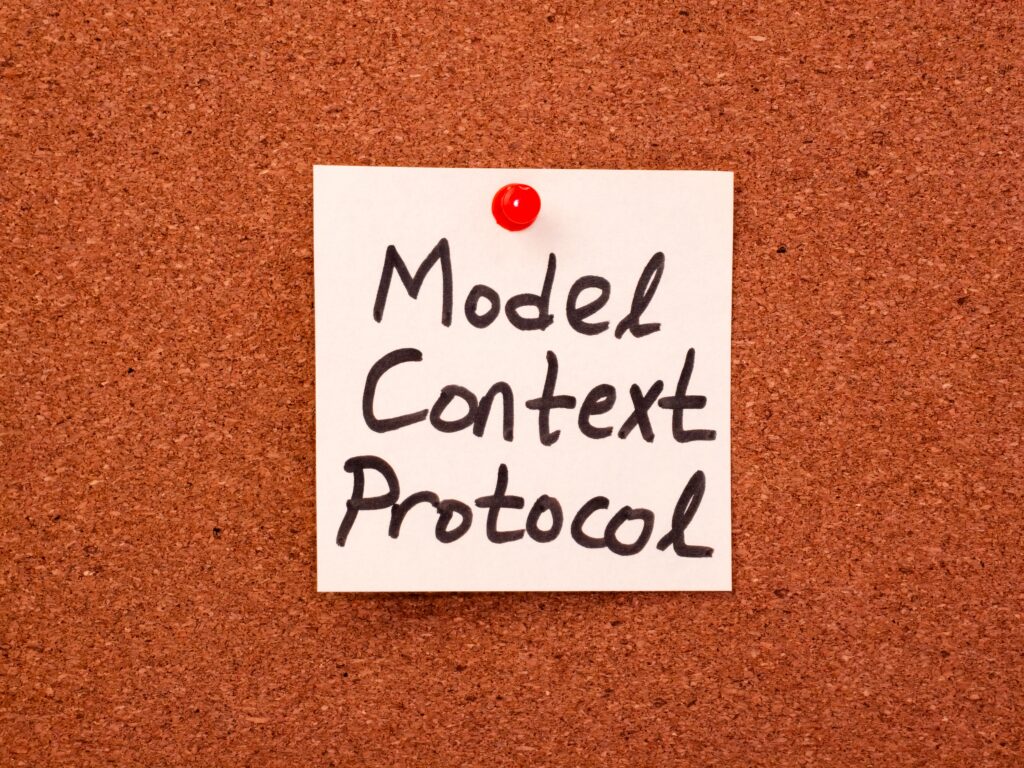LF Energy is part of the open source Linux Foundation bastion of new and emerging sub-foundations (not an official term, but arguably illustrative enough to clarify the point) and works to provide open technology guidance, standards and community opportunities for for the power and utilities sector.
The group is steadfastly focused on using collaborative software and hardware technologies to decarbonize global economies.
Now looking towards a recent momentum including five new members, six significant software releases, three research reports and participation in multiple industry events, the team suggest that these announcements demonstrate the growing community commitment to LF Energy and its mission.
“Open source is experiencing tremendous momentum in the energy sector after years of innovation,” said Arpit Joshipura, interim executive director, LF Energy, “Software, community, projects and deployments are all experiencing growth. In the past 12 months alone, LF Energy has seen a 1.25x increase in hosted projects, a 23% increase in unique contributors, a 15% increase in commits and an 8% increase in lines of code added across unique commits, bringing total lines of code to 114 million. This progress cannot happen fast enough if we are going to meet the ambitious decarbonization goals set by national and international bodies.”
Energy education
LF Energy has recently released three new research reports to provide energy stakeholders with a better understanding of the state of the energy transition and open source’s role to play.
The 2023 Energy Transformation Readiness Study provides survey-based insights into energy sector digitalization through open source. Findings include 76% of energy stakeholders surveyed reporting their organization has a clear strategic plan for digitalization and that they have already begun implementing it. Additionally, 64% of energy stakeholders use more open source software than closed source, however a plurality (43%) believe energy industry consensus is still key to increasing OSS adoption.
The Open Source Opportunity for Microgrids: Five Ways to Drive Innovation and Overcome Market Barriers for Energy Resilience informs individuals about microgrids – groups of distributed energy resources designed to improve energy resiliency, with the ability to operate as part of a larger electrical grid, or separately as an island. The report highlights the current state of the microgrid market and explores the potential for open source technology to accelerate the adoption of microgrids worldwide.
The Open Source Sustainability Ecosystem provides qualitative and quantitative insights into the landscape of open source sustainability projects, identifies those having the biggest impact, as well as gaps that stakeholders across the energy industry should look to fill. Following the analysis of the open source sustainability ecosystem, the report goes on to make more than 20 recommendations for effectively supporting and building capacity for open source in sustainability.
Audience participation
LF Energy hosted two events in June to provide opportunities for the community to share knowledge and best practices,and collaborate on how to speed innovation in the energy sector: LF Energy Summit took place June 1-2 in Paris. Over 250 individuals representing over 150 organizations from 34 countries attended to learn how LF Energy and its projects are working collaboratively to develop new technologies to ensure the rapid onboarding of clean energy resources, deployment of electrification infrastructure, load balancing and interoperability.
LF Energy Embedded Summit took place June 30 in Prague as part of the broader Embedded Open Source Summit. Videos of sessions from this event are available to access for free.
Six LF Energy projects have issued major software releases in the past several months: Arras, a tool for development and deployment of smart-grid and renewable energy resource integration technology, has been officially transferred to LF Energy. FlexMeasures, a developer-friendly energy management system to support real-time energy flexibility apps, rapidly and scalable, released version 0.1 of the new FlexMeasures client.
OperatorFabric is a modular, extensible, industrial-strengt and field-tested platform for systems operators. Power Grid Model is a high-performance library for steady-state distribution power system analysis. PowSyBl is an open source library dedicated to electrical grid modeling and simulation.
RTDIP, provides high-volume, historical and real-time process data for analytics applications, engineers and data scientists wherever they are, has been conducting experiments to see how Generative AI could help query structured data, which is now available in RTDIP SDK v0.5.0.
LF Energy CoMPAS
The CoMPAS software tool developed by LF Energy has been deployed for the Real Time Interface (RTI) project initiated by grid operators and market parties in the Netherlands. The RTI aims to enable grid operators to limit power generation by customers in order to address capacity constraints on the electricity grid.
In a significant sign of growth of LF Energy, five new members have joined the foundation. d-fine has joined LF Energy as a General Member. CRESYM, EDSN, Open Climate Fix, Trusted Computing Group and WattTime have joined as Associate Members. LF Energy members provide funding and resources to support the foundation’s mission of building a unified approach to developing non-differentiating code that can enable utilities, grid operators, electric vehicle makers, energy saving companies and others to develop and implement technologies to transform the power sector.





